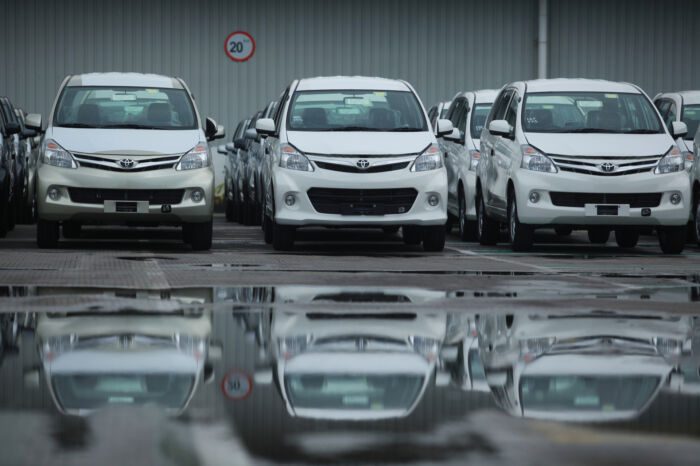Toyota will produce only 800,000 vehicles in July instead of the previously planned 850,000. This is the automaker’s fifth adjustment to its previously announced production plan. Originally, the plan was to produce 850,000 vehicles in June, July, and August.
In May, it announced a 50,000 unit reduction in the July plan and has now done the same for July. What’s more, we can’t expect 800,000 units to be the final number, as Toyota has hinted that there is a possibility that the company will only produce 750,000 units in June. The Japanese automaker described the situation in its report like this.
“As it remains difficult to look ahead due to the shortage of semiconductors and the spread of COVID-19, there is a possibility that the production plan may be lower.”
Covid, chips, and the global situation are to blame
Supply chain problems have been seen all over the world since the covid pandemic. Now, instead of recovering from covid, companies in the supply chain are facing high inflation all over the world, record-high energy prices, and global uncertainty.
Read also: Airlines are not having a good time
There is also the problem of parts shortages, which are not just Toyota’s problem but are reported by more manufacturing companies everywhere. Some of the most important ones are chips, which are in short supply and a big issue of late. China is starting to be a big player in this regard, and they are seeing a lot of growth in their chip companies.
Investors are getting nervous
For investors, repeatedly lowering the production outlook is always a signal that something is wrong. The company is likely to be a little less profitable, which will hurt it slightly in these tough times for the automakers.
Not to mention that high inflation rates increase costs and thus put more pressure on profit margins. To fight inflation, the central bank then usually raises interest rates, which negatively affects demand for new cars, as a large number of vehicles are bought through bank loans.












Comments
Post has no comment yet.